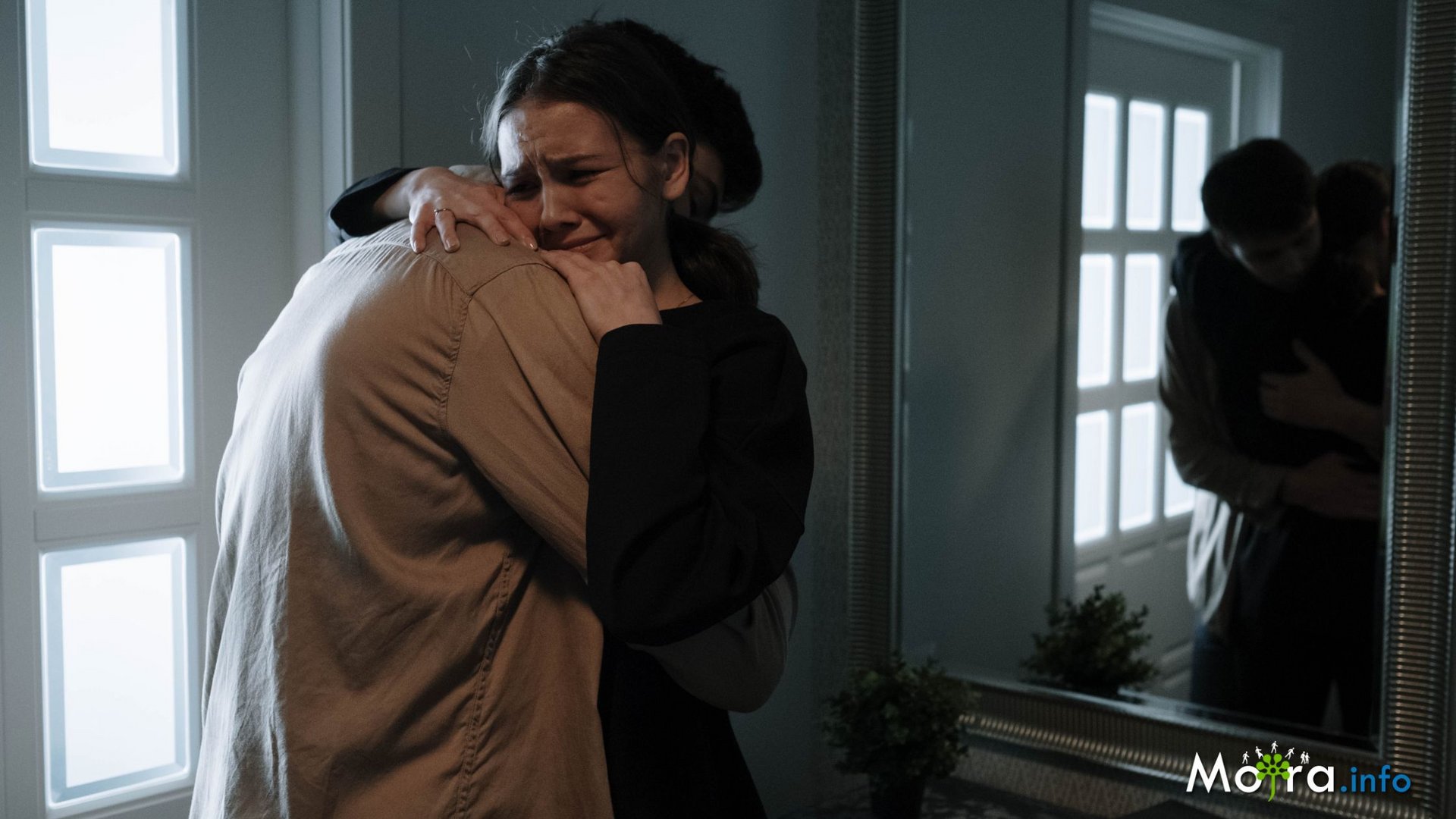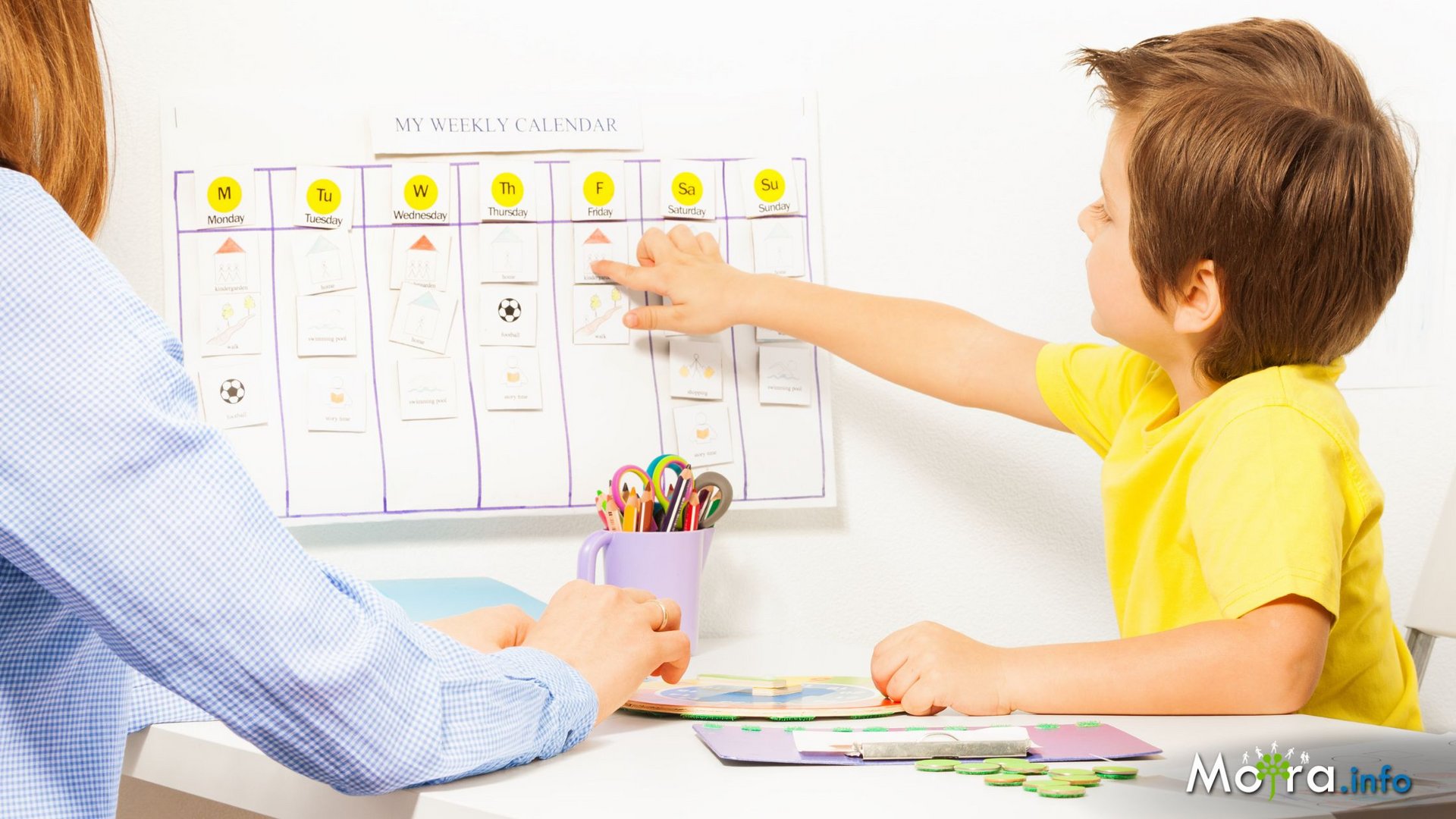Author: Psychological Counseling | Tips from a Psychologist on How to Cope with the Loss of a Loved One
Losing a loved one is a very painful experience that can affect all aspects of our lives. It's important to realize that there is no right or wrong way to grieve, and everyone experiences the loss of a loved one individually.
When someone loses a person or something valuable in their life, it is one of the hardest experiences a person can go through. It can be an emotionally exhausting period, and it is often difficult to find the right way to cope with the pain.
Grief is a natural and inseparable part of experiencing the loss of a loved one. It is an emotional response that allows us to process the pain and adapt to the new reality without our loved one. Grieving is an individual process, and everyone experiences it differently.
Renowned psychologist Elisabeth Kübler-Ross described five stages of grief in her work ("On Death and Dying"), which we recognize in grieving today:
- Denial – The initial reaction in the stages of grief is denial, where the person does not want to believe what has happened. They continually deny reality and claim that things are different.
- Anger – Anger is recognized as an intense emotion, which in this case can be directed at oneself, the deceased, or others around.
- Bargaining – The person tries to change the situation through "what if" scenarios. They think a lot about "what if I had been there" / "what if I hadn't left"... which gradually leads them to a state of deep sorrow.
- Depression - In this stage, the person fully realizes the reality and falls into deep sadness and despair.
- Acceptance – The final stage. Although the pain persists, the person acknowledges their reality and comes to terms with the loss of the loved one.
These stages are not linear, and individuals can move between them in different ways, as everyone experiences grief differently. So how can one "fight" such grief?
Allow yourself to grieve
- Grief is a healthy and natural reaction to loss. There is no "right" way to grieve, and everyone experiences the pain of loss differently. Do not be afraid to cry, be angry, feel guilty, or confused. Suppressing emotions will only make it harder to cope with the loss. Communicate with friends, family, or a therapist who can help ventilate emotions and find support. Participating in rituals, such as funerals or other memorial events, helps to bring closure to grief and honor the deceased.
- Give yourself time to grieve. There is no prescribed timeframe for "getting over it." Grief is a process that takes time, and it is important to be patient with yourself.
- Express your grief in any way that suits you. You can talk to friends or family, keep a journal, engage in creative activities like painting or music, or join grief therapy.
- Take care of yourself. Pay attention to your physical and especially mental care. Get regular exercise, preferably somewhere in nature, and ensure adequate sleep. Physical activity can help release pent-up energy and significantly reduce stress. Find new activities that help distract you from what happened and bring new thoughts. Engage in activities that bring you joy and relaxation. Avoid alcohol and drugs, as these substances may temporarily help you forget the pain but ultimately hinder your ability to cope with the loss.
Seek support
- Do not be afraid to ask for help if you need it. Many resources can help you cope with your loss, such as grief support groups, online forums, or helplines.
- Talk to friends and family about how you feel. They can offer support, understanding, and practical help. Sometimes, even a simple hug from someone you care about can make a difference.
- Consider joining a grief support group. These groups allow you to meet people who are experiencing a similar loss and share your feelings and experiences with grief.
- Seek professional help from a psychologist or therapist if you have trouble coping with grief or if you experience symptoms of depression or anxiety.
- Remember that you are not alone. Many people experience the loss of a loved one, and there are many resources available to help you cope. Do not hesitate to ask for help if you really need it.
Remember your loved one
Remember your loved one and celebrate the life they lived. You can look through their old photographs, tell stories about them, or visit places they loved. Create a memorial to help preserve the memory of your loved one. It can be a photo album, jewelry, a tree, or a donation to charity in their name. Engage in activities that were important to your loved one. You can also pursue their hobbies or spend time with people they cared about.
Time heals…
Even though it may seem impossible now, the pain of loss will lessen over time. Memories of your loved one will remain vivid, and you will remember them with love. Grief is a process that takes time, and it is important to be patient with yourself. Do not force yourself to "get over it" before you are ready. With each passing day, you will find that you can live a little better even with the pain of loss. You will learn to live with it, and the memories of your loved one will bring you comfort and joy.
Losing a loved one is indeed a difficult and painful experience. Therefore, it is important to realize that there is no right or wrong way to grieve, and everyone experiences loss individually.
Give yourself time to grieve, take care of yourself, seek support, and remember your loved one. With time, patience, and love, you will overcome this difficult period and find meaning in life again.
The loss of a loved one is a universal experience that touches each of us, and everyone experiences it differently. The grieving process is complex and involves various emotional, physical, and psychological reactions. Understanding these reactions and adopting appropriate strategies can help individuals cope with this challenging ordeal.




























Enter your comment.